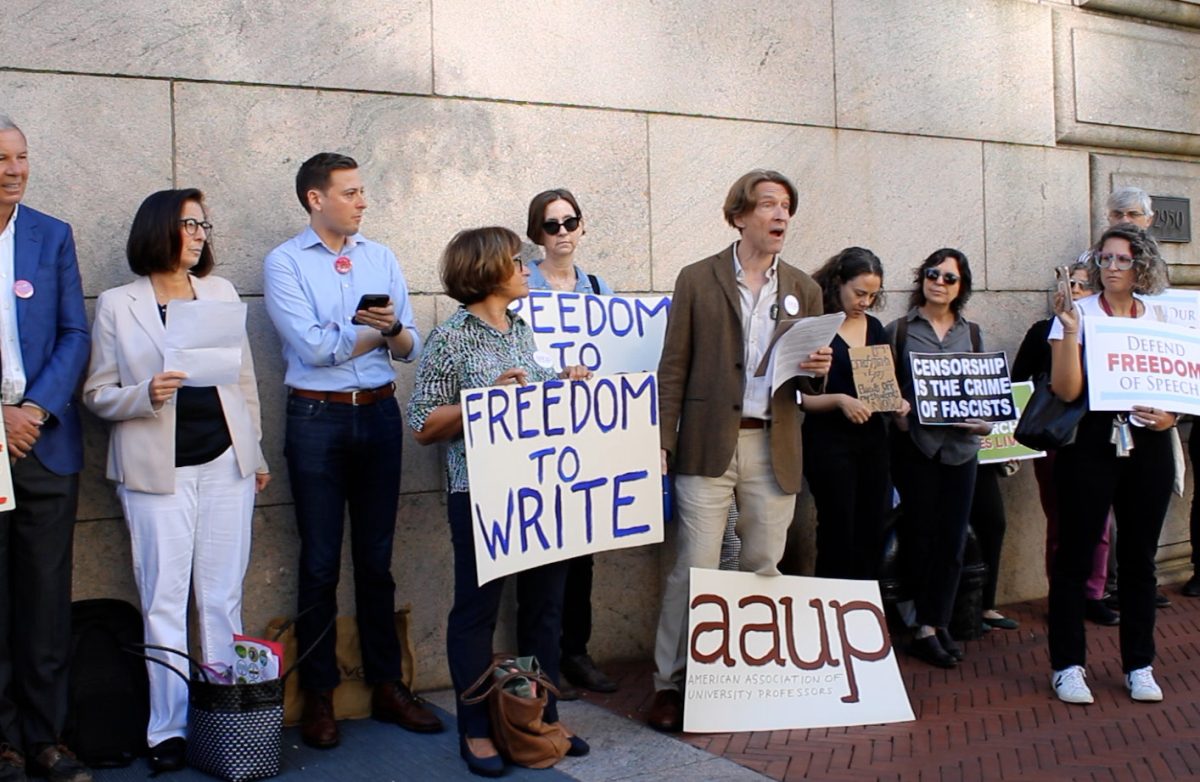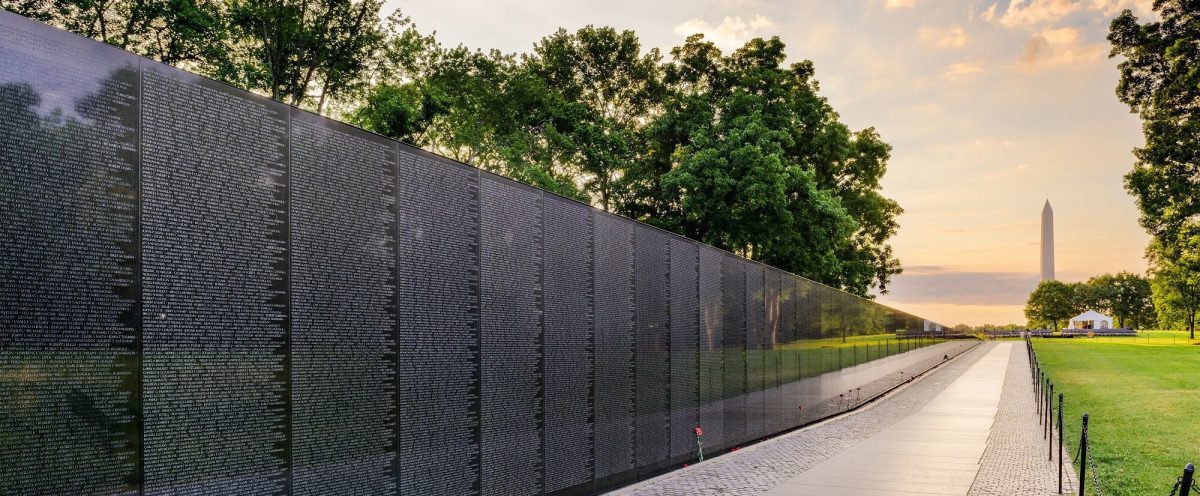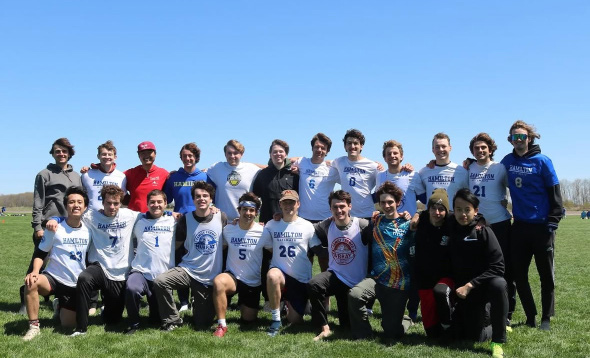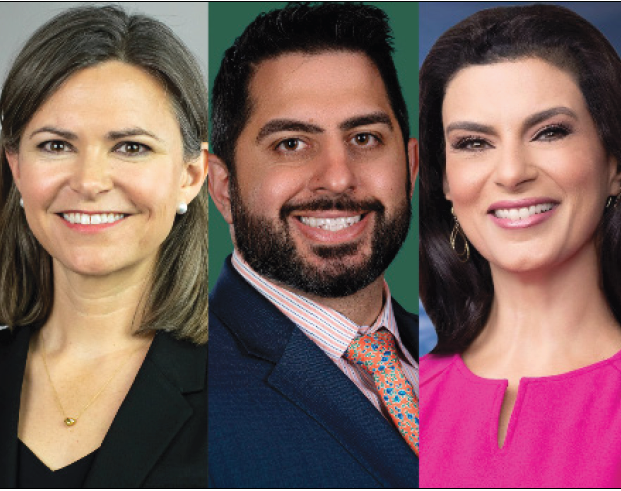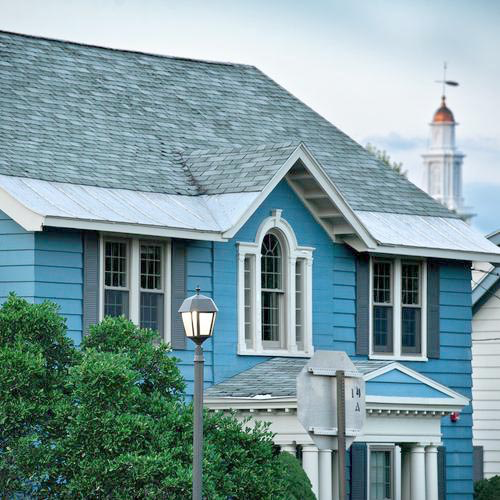
On Wednesday Nov. 13, the Days-Massolo Center (DMC) will hold an open discussion session centered around climate justice as a part of their ongoing ‘What is’ series.
‘What is Climate Justice?’ will be the first installment of this year’s ‘What is’ series, followed by two more tentatively-planned discussions for the spring semester. In past years, sessions have dealt with such topics as racism, gerrymandering, hate speech, and fake news. Considering the prominence of environmental issues in current news — which sparked a demonstration at Hamilton less than two months ago — climate justice was selected as the focus of the upcoming fall session. To qualify the international attention recently given to climate change and its consequences, the ‘What is Climate Justice?’ discussion is seeking to concentrate the efforts of attendees on more local, accessible measures.
With this in mind, the event will feature all Hamilton organizations that address climate justice, to provide interested students with opportunities to make meaningful impacts on the local community. The series strives to bring broader issues into a more accessible context, and the inclusion of environment-affiliated clubs should aims to turn discourse into action. No outside research will be required for passionate students to engage themselves firsthand with climate justice.
The ‘What is’ series represents a co-curricular extension of the DMC’s work. Although topics such as climate justice are afforded student interest through schoolwork, their importance does not depend on the setting in which they are discussed. Paola Lopez, director of the DMC, identified bringing these conversations into “everyday discourse” as a key goal of the ‘What is’ series. Part of this comes from the establishment of a space where attendees not only feel comfortable expressing their own beliefs, but are also willing to consider those with which they may disagree. “All I’m asking is for people to think,” Lopez said.
Unlike previous ‘What is’ discussions, which were led by faculty, students with knowledge and experience relevant to the topic of climate justice will facilitate next week’s session. Lopez described this change as reflective of a desire to make the sessions more impactful for the student body, by “[giving] agency to the student voice.” Student leaders involved with activism or research in the field will design and shape the conversation with optional guidance from faculty members — who will serve more of a “phone-a-friend” role in the process, said Lopez.
The goals of the ‘What is’ series parallel the broader purpose of the DMC. Encouraging student engagement with co-curricular issues, exemplified by the decision to shift control of the discussions away from faculty, fits well with the DMC philosophy of supporting student-planned, student-run activities. Recently, the DMC worked with the Black Latinx Student Union, La Vangaurdia, and Grasping Roots to coordinate a Day of the Dead event with an emphasis on education — “what actually is Day of the Dead, versus like Coco,” explained Lopez. The DMC takes on more of a guiding role with such events, deferring to the students for organization and execution.
Looking forward, the DMC hopes to maintain the student-led model for the spring semester’s ‘What is’ discussions — though of course, it depends on the success of the fall session, and how the student leaders respond to the increased responsibility and independence. By “engaging different voices, [and] different speakers,” Lopez hopes that students will find genuine value in the series, and be able to carry and apply its content far beyond Hamilton.




